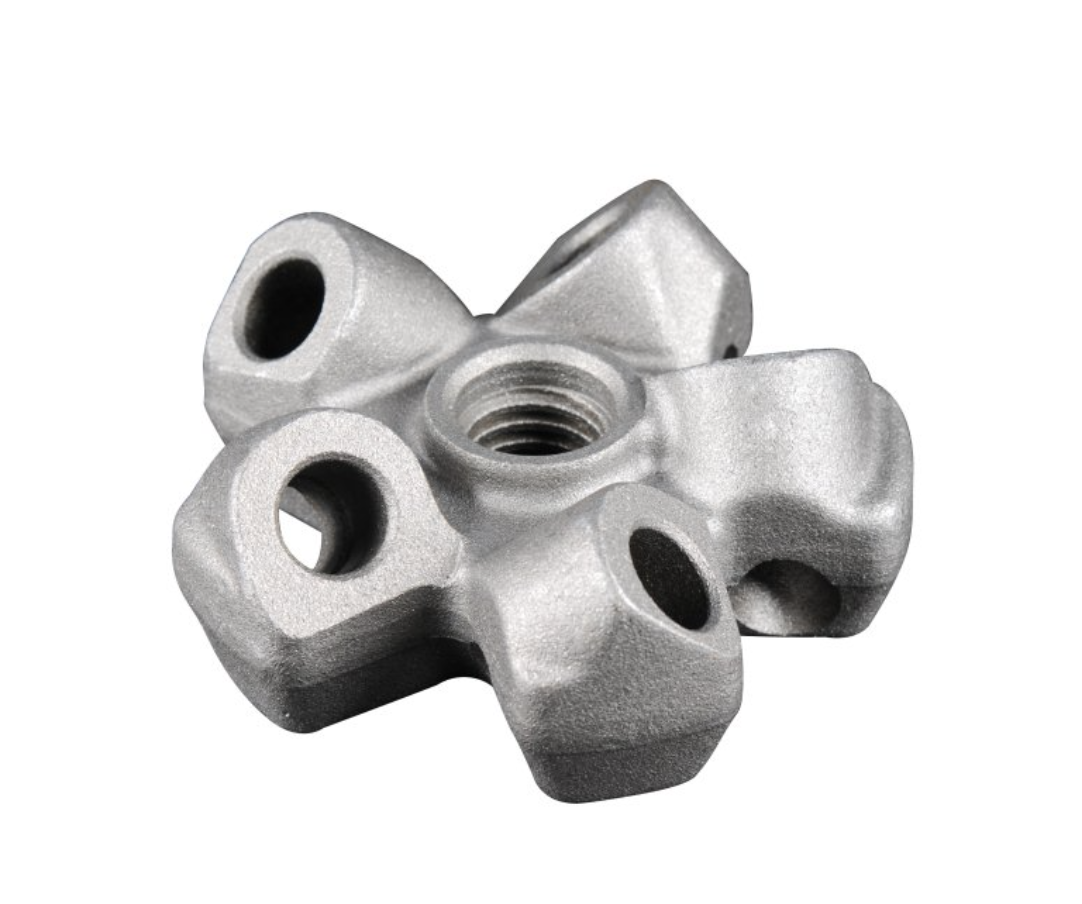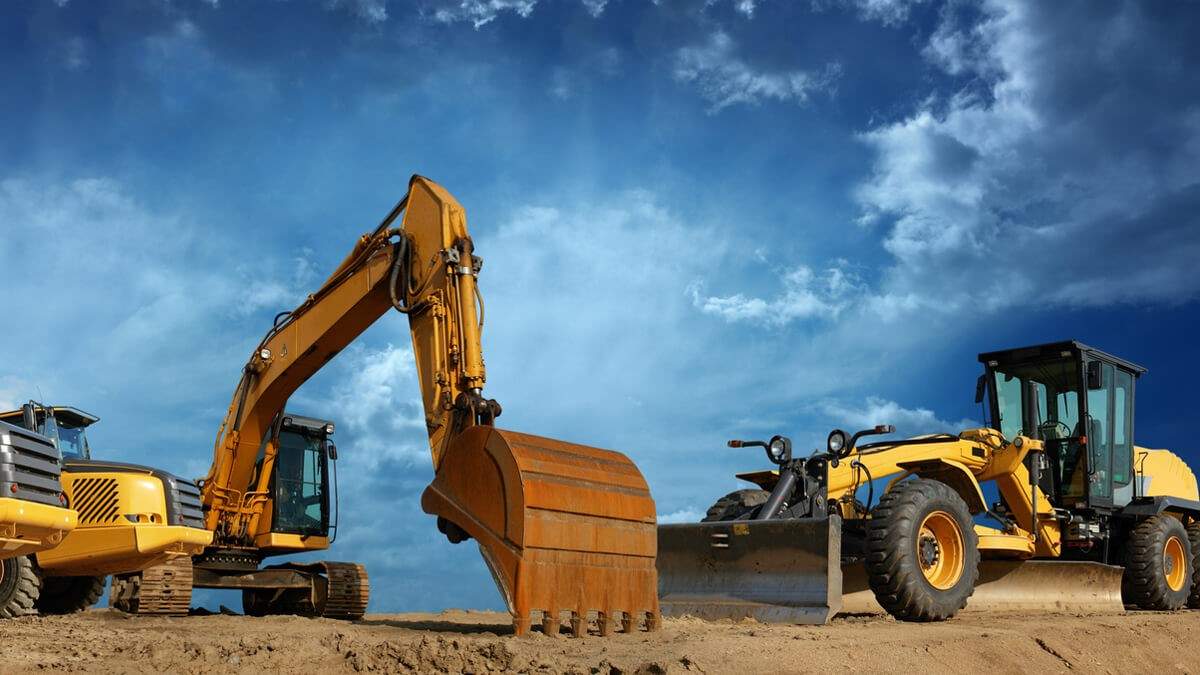Construction Equipment

On this page
Forging applications within the construction sector are vital, as they yield sturdy and dependable components for heavy machinery, structural steel, fastening systems, and a variety of equipment essential for constructing infrastructure. The strength, durability, and precision of forged parts are pivotal in guaranteeing the safety and enduring quality of construction endeavors.
Forged components are integral in diverse applications and various components employed within construction equipment and infrastructure projects. Here are several typical examples of forged parts in the construction sector:
●Ball Joint
●Cam
●Cap
●Clutch
●Disc
●Flanges
●Gear
●Nut
●Pin
●Rod End
●Shaft
●Spindle
●Sprocket
●Valve
●Yoke
●Cam
●Cap
●Clutch
●Disc
●Flanges
●Gear
●Nut
●Pin
●Rod End
●Shaft
●Spindle
●Sprocket
●Valve
●Yoke
Forging plays a diverse role in the construction sector, with forged components delivering the essential strength, durability, and dependability required across various construction equipment and infrastructure ventures. Here are key areas where forging finds extensive application in construction:
1. Heavy Machinery Components: The construction industry extensively relies on forging to produce vital components for heavy machinery like bulldozers, excavators, cranes, and loaders. These components, including gears, shafts, and axles, must endure extreme working conditions and heavy loads, rendering forged parts the ideal choice for such demanding applications.
2. Cranes and Hoisting Equipment: Construction relies on lifting and hoisting equipment, such as crane hooks, sheaves, and winch drums, which frequently incorporate forged components. These components are essential, requiring high tensile strength and fatigue resistance to guarantee the safety and effectiveness of lifting operations.
3. Anchoring and Fastening Systems: Crucial for securing structures such as bridges, buildings, and towers, forged anchor bolts, threaded rods, and other fasteners play a pivotal role. Forged bolts are indispensable, delivering the requisite strength and reliability to uphold structural stability.
4. Piling and Foundation Equipment: Constructing foundations and deep piles for structures frequently necessitates the utilization of forged components in pile drivers, augers, and drilling equipment. The forged parts within these machines must withstand substantial impact and vibrations.
5. Excavation Tools: Critical for digging and earthmoving operations, forged teeth and cutting edges for excavators, backhoes, and trenchers play a pivotal role. These components must possess wear-resistant and durable qualities to manage abrasive soil and rocks effectively.
2. Cranes and Hoisting Equipment: Construction relies on lifting and hoisting equipment, such as crane hooks, sheaves, and winch drums, which frequently incorporate forged components. These components are essential, requiring high tensile strength and fatigue resistance to guarantee the safety and effectiveness of lifting operations.
3. Anchoring and Fastening Systems: Crucial for securing structures such as bridges, buildings, and towers, forged anchor bolts, threaded rods, and other fasteners play a pivotal role. Forged bolts are indispensable, delivering the requisite strength and reliability to uphold structural stability.
4. Piling and Foundation Equipment: Constructing foundations and deep piles for structures frequently necessitates the utilization of forged components in pile drivers, augers, and drilling equipment. The forged parts within these machines must withstand substantial impact and vibrations.
5. Excavation Tools: Critical for digging and earthmoving operations, forged teeth and cutting edges for excavators, backhoes, and trenchers play a pivotal role. These components must possess wear-resistant and durable qualities to manage abrasive soil and rocks effectively.

 Forging Applications in the Construction Industry
Forging Applications in the Construction Industry